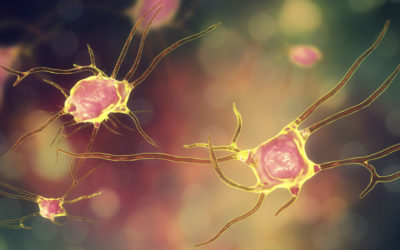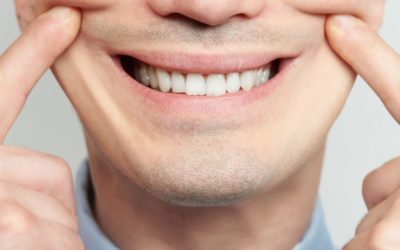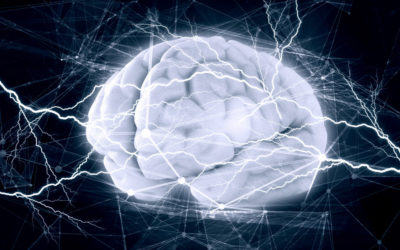
I’ve reported multiple times on sleep and how it affects just about everything form cognitive performance, to brain plasticity, to physical performance, to mental health, and to metabolism.
The question that remains open is, however, how much sleep is ideal? The old advice of eight hours is pretty close to the truth, but it also changes over lifetimes. We all know that babies need a lot more sleep, for example. Teenagers also seem to sleep a lot.
Research into pre-industrial societies showed, what was surprising at the time, that they don’t sleep as much as many had thought, normally between six and eight hours a night on average.
In comes this recent study out of the University of Cambridge. They analysed data from almost 500,000 people between the ages of 38 and 73. These were asked about their sleep patterns, mental health, and wellbeing, and also took cognitive tests. There was brain imaging and genetic data available for about 40,000 of these participants. That’s a pretty impressive dataset!
We have known for a long time that too little sleep impedes cognitive performance and can lead to multiple negative health impacts. However, what was surprising about this data is that it showed that too little or too much sleep had similar impacts. That is, reduced cognitive performance, more anxiety, increased symptoms of depression, and worse wellbeing overall. They also found links to the size of brain areas associated with cognitive performance
What was the ideal amount of sleep? It was seven hours sleep.
However, the researchers also noted that consistency was key – firstly in getting a solid seven hours rather than an interrupted seven hours, and this being consistent from night to night.
I was also relieved to read the above having independently found that 7 hours 15 minutes is my optimal sleep duration and have managed to stick to this consistently in recent years. However, I am trying to catch up on a few decades of sleep abuse also!
Reference:
Yuzhu Li, Barbara J. Sahakian, Jujiao Kang, Christelle Langley, Wei Zhang, Chao Xie, Shitong Xiang, Jintai Yu, Wei Cheng, Jianfeng Feng.
The brain structure and genetic mechanisms underlying the nonlinear association between sleep duration, cognition and mental health.
Nature Aging, 2022
DOI: 10.1038/s43587-022-00210-2
More Quick Hits
Like Smart Humans, Smart Jays Exhibit Self Control
Jays are smart, that is known. Now we know they can exhibit self-control – but only if they are smart themselves.
Your Dog Can Smell When You’re Stressed – And Reduce Stress
The benefits of pets – but it depends on how healthy your relationship is with them.
Neurons in a Dish Learn to Play Pong
A group of neurons in a petri dish can learn to play a computer game – amazing!
Chirp Up! Birdsong Improves Mental Wellbeing
We know birdsong has positive benefits – and this research is showing by just how much…
Yes, Fake Smiling Does Improve Your Mood
Can just smiling, even if fake, improve your mood? This has been proven, debunked, re-proven and now re-re-proven…
How Your Brain Decides to Help Others in Danger
In times of crises and danger we may hide and flee as our natural instincts would guide us, or do something else: put ourselves at danger and help others.
Two Types of Willpower
There are two types of will power – and one is much more effective…
Our Brains Seem to Use Quantum Computations
It has been proposed that our brain uses quantum processes but this is hard to prove – until now that is…
Insults Trigger the Equivalent of a Slap to the Face in the Brain
What do insults do to our brain wave patterns, do they degrade over time and how do they compare to compliments?
Even a Short Bout of Exercise Can Boost Brain Growth
Exercise is good for you – we all know that. But can just a single bout of exercise do you and your brain any good?










